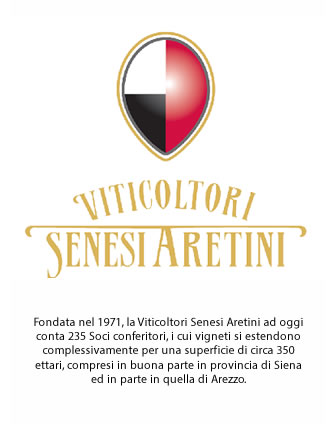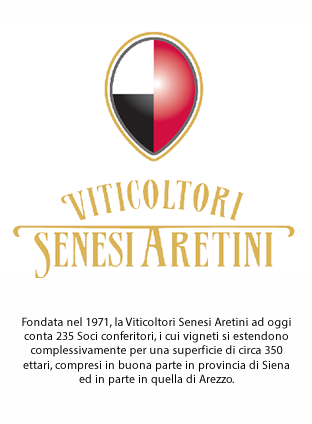Wednesday 11 April, 7pm
The Frontier. In memory of Alessandro Leogrande
With Marino Sinibaldi (Rai Radio 3) and Federico Varese (University of Oxford)
In collaboration with Italian Trade Agency
Alessandro Leogrande (1977 – 2017) has been for ten years deputy director of the magazine Lo straniero, founded and directed by Goffredo Fofi. He collaborated with newspapers and magazines such as Internazionale, l’Unità, il Manifesto and Nuovi Argomenti. He has been columnist for the newspaper Corriere del Mezzogiorno and hosted programmes for Rai Radio 3 and Radio Svizzera Italiana.
One of his most important works has been the book La frontiera (2015). The frontier that gives this book its title is the imaginary yet very real line which runs through the Mediterranean and the Balkans, separating the world into north and south. Unlike a border between countries, officially it is neither defined nor recognised. It’s composed of countless elusive, ever changing intersections. No one can pretend to control it in its entirety. The frontier is the result of a complex mix of factors that have built up over time, from Western colonialism to contemporary dictatorships in Africa and the Middle East. Leogrande tells its story through the movements of those who have tried to cross it in our time, from the first waves of refugees fleeing Saddam Hussein’s regime at the end of the nineties to the most recent tragic events that have commanded international attention.
In the final months of his life, Leogrande collaborated on an attempt to fight xenophobia and racism by means of a new narrative of migrations, which could combat hatred but also avoid the powerlessness of contemporary immigration politics. The project – in association with Rai Radio 3, Robinson di Repubblica, Edizioni Laterza, the Salone del libro di Torino and the Associazione Piccoli Maestri – took the shape of a series of events in which three experts in very different and distant fields (such as, a linguist, a botanist, etc.) answer a precise series of questions (rather unusual, too).
This talk will illustrate the project “La Frontiera” and will also provide an opportunity to take stock of the public debate on migration in Italy and its difficulties.
Thursday 12 April, 6pm
Contemporary #15: Marcello Magni and Giuliana Musso
Introduced and moderated by Monica Capuani
Curated and moderated by Monica Capuani, “Contemporary” is a series of encounters – conversations, readings and live performances – presenting to the British audience an authoritative overview of Italian contemporary theatre.
Italian actors, playwrights and directors, both acclaimed masters and successful new voices, talk about their artistic research and discuss with important figures of British contemporary theatre.
Guests of this new encounter will be Marcello Magni – extraordinary actor, among the founders of the Theatre de Complicité in London – and Giuliana Musso – actress and playwright whose plays are based on real interviews – who will talk about the artistic heritage of the Commedia dell’Arte, the physical and emotional wisdom of the clown, as well as the rich contribution of those disciplines to contemporary theatre.
Thursday 12 April, 7pm
Mapping the Soul 2. Embroideries and Rugs by Allegra Hicks
Exhibition opening
Ehibition on display until 11th May
Allegra Hicks’s textile works issue from a synergy between shapes and colours, as well as natural and artificial, which tickles the senses and transforms the perception of the domestic space. Her visual vocabulary is hosted in a bespoke exhibition within the framework of the 1830s architecture of the Italian Cultural Institute.
Starting point of Hicks’s work is the idea of a continuous drawing, made of repetitions and juxtapositions of decorative motifs both natural and abstract, which progressively loops back on itself and therefore defines the final result. In her own words: “Rugs and textiles are not like paintings; they have a very specific function and evoke a different perceptive space, which changes following the graphic arrangement and the colours. Rugs, for instance, are supposed to give a sense of continuity, to create an island for the furniture, anchoring them to the ground.”
This text is an edited version of an article by Emanuela Nobile Mino.
Thursday 12 April, 8pm
Vladimir Radunsky. Don Quixote
Exhibition opening
Ehibition on display until 11th May
The Italian Cultural Institute welcomes some of the costumes designed by Vladimir Radunsky for the Don Quixote staged at the Teatro dell’Opera di Roma in November 2017, for which Radunsky was set and costume designer. On that occasion, he created a fairy and pop environment inspired by the play originally staged in 1869 at the Bolshoj theatre in Moscow by Marius Petipa and its subsequent retakes, including the one by choreographer Mikhail Baryshnikov.
Born in the Ural Mountains of Russia, Vladimir Radunsky migrated to the United States in 1982, when he was still a relatively young man. Since then he has become well known for his brightly colored artwork and dynamic collages, his illustrated books for children and his theatre costumes. He now lives and works in Rome.
A cura di Katya Marletta

